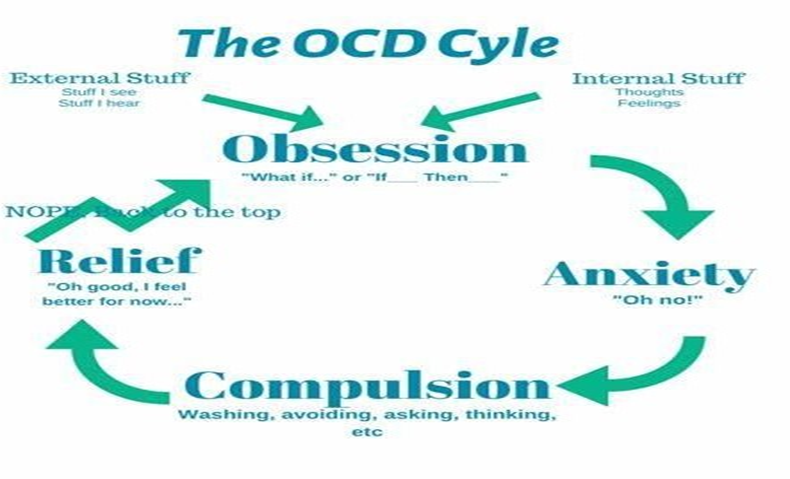Which behavior would first alert the school nurse or teacher to suspect sexual abuse in a 7-year- old child?
The child has a preference for associating with peers, rather than adults.
The child has learning problems and shyness.
The child tells sexually explicit stories to peers.
The child wears dirty and threadbare clothing.
The Correct Answer is C
C. The child telling sexually explicit stories to peers could be concerning and warrants further investigation. A child speaking in this manner could indicate that they are frequently expose to sexual content of abuse
A. The child has a preference for associating with peers, rather than adults. While this may need further assessment, it does not necessarily point to sexual abuse.
B. Learning problems and shyness alone are not specific indicators of sexual abuse.
D. While poor hygiene and clothing conditions can be signs of neglect, they are not directly related to sexual abuse. Poor hygiene and clothing is more likely to point to child neglect.
Nursing Test Bank
Naxlex Comprehensive Predictor Exams
Related Questions
Correct Answer is ["A","B","C"]
Explanation
A. Tardive dyskinesia can involve abnormal, involuntary movements of the hips, pelvis, and trunk.
B. Facial grimacing and eye blinking are common manifestations of tardive dyskinesia. These movements involve involuntary contractions of facial muscles, leading to facial distortions and repetitive blinking.
C. Tongue thrusting and lip smacking are classic signs of tardive dyskinesia. These movements involve involuntary protrusion of the tongue and repetitive puckering or smacking of the lips.
D. Fine hand tremors and pill rolling movements are more commonly associated with other movement disorders, such as Parkinsonism, which can also be caused by certain antipsychotic medications but are distinct from tardive dyskinesia.
E. Urinary retention and constipation are not typical symptoms of tardive dyskinesia. These symptoms may occur due to other factors, such as anticholinergic effects of medications or medical conditions unrelated to tardive dyskinesia.
Correct Answer is ["D","E"]
Explanation
A. In OCD, individuals typically experience intrusive thoughts, images, or urges (obsessions) that cause anxiety or distress, rather than a specific fear of certain objects. While individuals with OCD may engage in compulsive behaviors related to their obsessions.
B. Rule-conscious behavior refers to a strict adherence to rules or regulations. While individuals with OCD may exhibit perfectionist tendencies and a need for orderliness, rule-conscious behavior is not a defining characteristic of OCD.
C. Individuals with OCD may experience difficulty relaxing due to the persistent nature of their obsessions and compulsions. Obsessions can trigger anxiety or distress, making it challenging for individuals with OCD to relax or engage in leisure activities without intrusive thoughts interfering. However, difficulty relaxing is not specific to OCD and can occur in other anxiety disorders as well.
D. Perfectionism is a common feature of OCD. Individuals with OCD often have unrealistic standards for themselves and may engage in compulsive behaviors to achieve a sense of perfection or symmetry. They may feel compelled to repeat tasks until they are "just right" or perform rituals to prevent perceived harm or catastrophe.
E. In OCD, individuals are typically aware of their compulsive behaviors, although they may feel driven to perform them to alleviate anxiety or prevent perceived harm. Compulsions are repetitive behaviors or mental acts that individuals feel driven to perform in response to obsessions or according to rigid rules.

Whether you are a student looking to ace your exams or a practicing nurse seeking to enhance your expertise , our nursing education contents will empower you with the confidence and competence to make a difference in the lives of patients and become a respected leader in the healthcare field.
Visit Naxlex, invest in your future and unlock endless possibilities with our unparalleled nursing education contents today
Report Wrong Answer on the Current Question
Do you disagree with the answer? If yes, what is your expected answer? Explain.
Kindly be descriptive with the issue you are facing.
